Essential Nutrients Your Body Needs for Healthy Blood Pressure Levels
Imagine a hidden force silently at work within you, a critical pressure system dictating your body's every beat. When this force, your blood pressure, runs too high, it silently threatens your long-term health, often without a whisper of warning. While medical interventions are sometimes essential, the power to keep this vital system in perfect harmony often begins right on your plate. It's not about strict diets; it's about intelligent nourishment. We've meticulously expanded our essential guide, "The Vital 12," to unveil the crucial nutrients that act as your body's natural regulators, each a delicious guardian of your cardiovascular health. Discover how embracing these dietary defenders can empower you to take proactive control, ensuring a healthier, more vibrant future.
1. Potassium: The Balancer of Blood Pressure
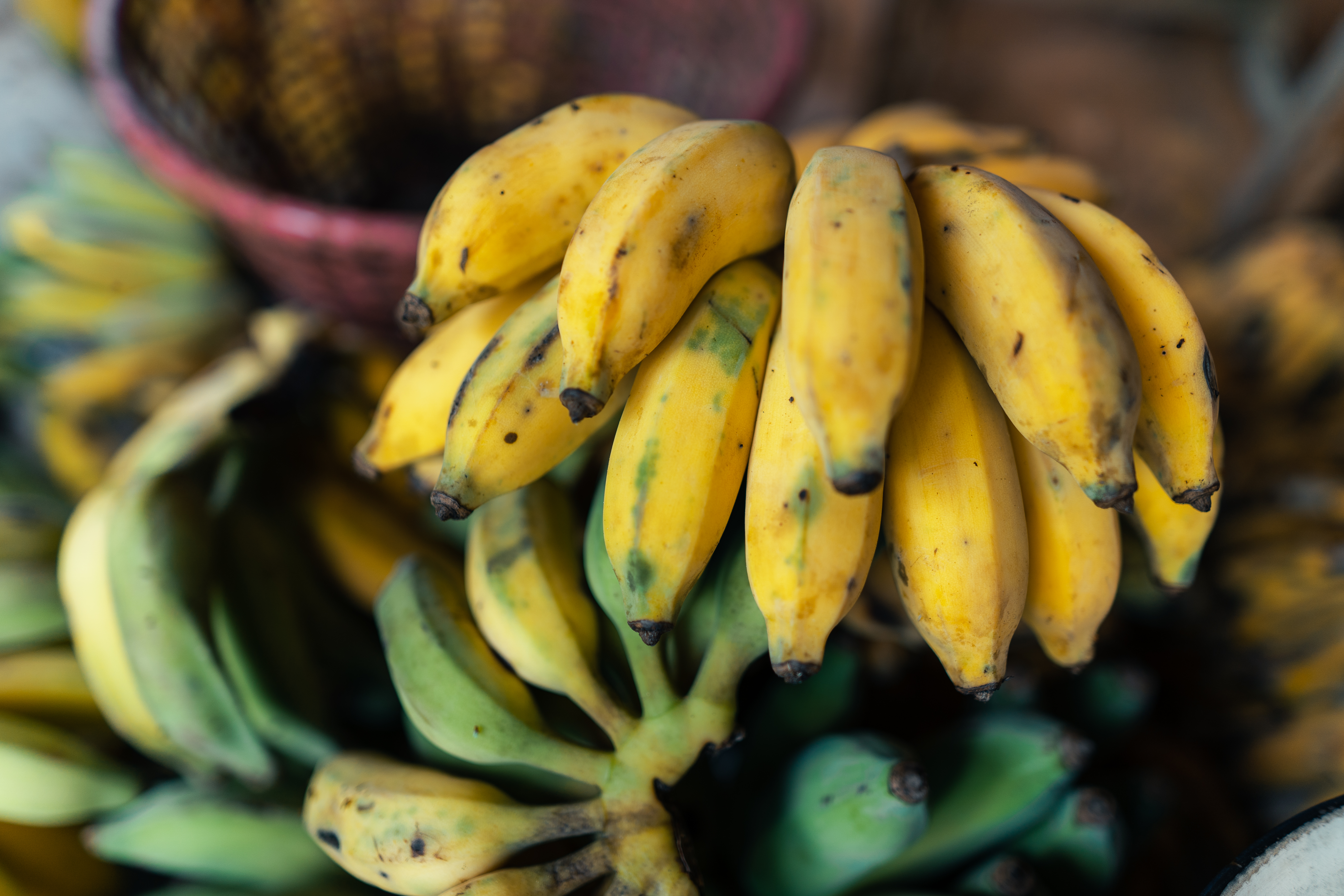
Potassium is a powerhouse nutrient when it comes to blood pressure regulation. It works by balancing the effects of sodium in the body, helping to relax blood vessel walls and reduce blood pressure. The modern diet, often high in processed foods, tends to be rich in sodium but low in potassium, creating an imbalance that can lead to hypertension. Increasing potassium intake can help mitigate these effects, making it a crucial nutrient for maintaining healthy blood pressure levels. One of the primary functions of potassium is to help the kidneys filter sodium out of the body. When sodium levels are too high, the body retains water to dilute it, which increases blood volume and, consequently, blood pressure. Potassium helps counteract this by promoting sodium excretion, thus reducing blood volume and pressure. This nutrient is abundant in fruits and vegetables, with bananas, oranges, spinach, and sweet potatoes being excellent sources. Integrating these foods into your diet can significantly impact your blood pressure health. Research has consistently shown that diets high in potassium are associated with lower blood pressure levels. The DASH (Dietary Approaches to Stop Hypertension) diet, which emphasizes potassium-rich foods, has been particularly effective in reducing blood pressure. By focusing on whole foods and minimizing processed foods, individuals can naturally increase their potassium intake. This approach not only supports blood pressure health but also provides a range of other health benefits, including improved heart and kidney function.
2. Magnesium: The Relaxer of Blood Vessels
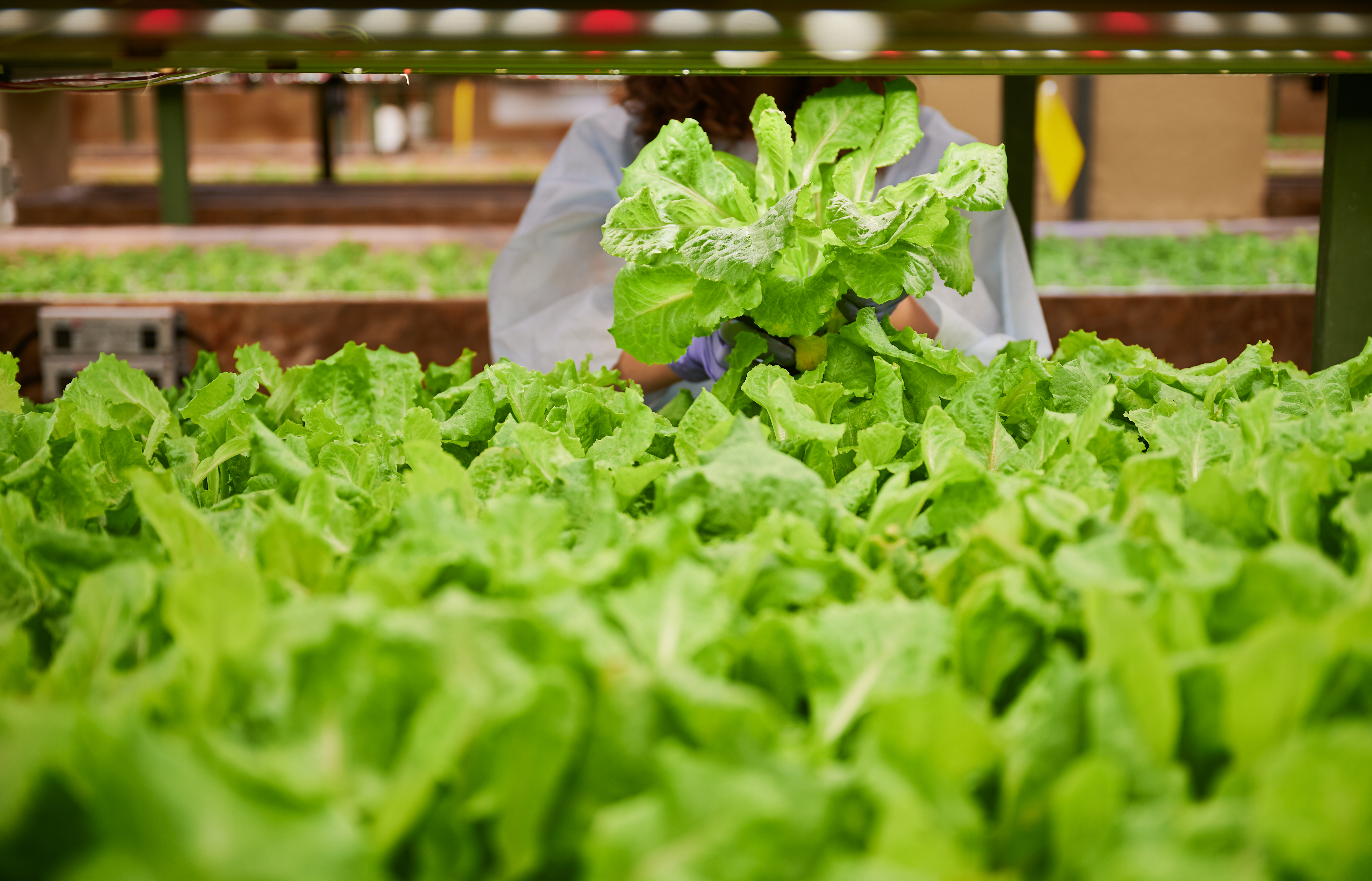
Magnesium plays a crucial role in maintaining healthy blood pressure by acting as a natural vasodilator. This means it helps relax and widen blood vessels, allowing blood to flow more freely and reducing pressure on arterial walls. Adequate magnesium levels are essential for the proper functioning of the body's cardiovascular system, and a deficiency can lead to increased blood pressure and other cardiovascular issues. The relationship between magnesium and blood pressure is well-documented. Studies have shown that individuals with higher magnesium intake tend to have lower blood pressure. Magnesium helps regulate calcium levels in the body, which is vital for muscle and nerve function, including the muscles that control blood vessels. By ensuring that these muscles function properly, magnesium helps maintain optimal blood flow and pressure. Dietary sources of magnesium include nuts, seeds, whole grains, and leafy green vegetables. Incorporating these foods into your diet can help ensure adequate magnesium intake. For those who struggle to meet their magnesium needs through diet alone, supplements may be an option, though it's essential to consult with a healthcare provider before starting any supplement regimen. By prioritizing magnesium-rich foods, individuals can support their cardiovascular health and work towards maintaining healthy blood pressure levels.
3. Calcium: The Essential Mineral for Heart Health
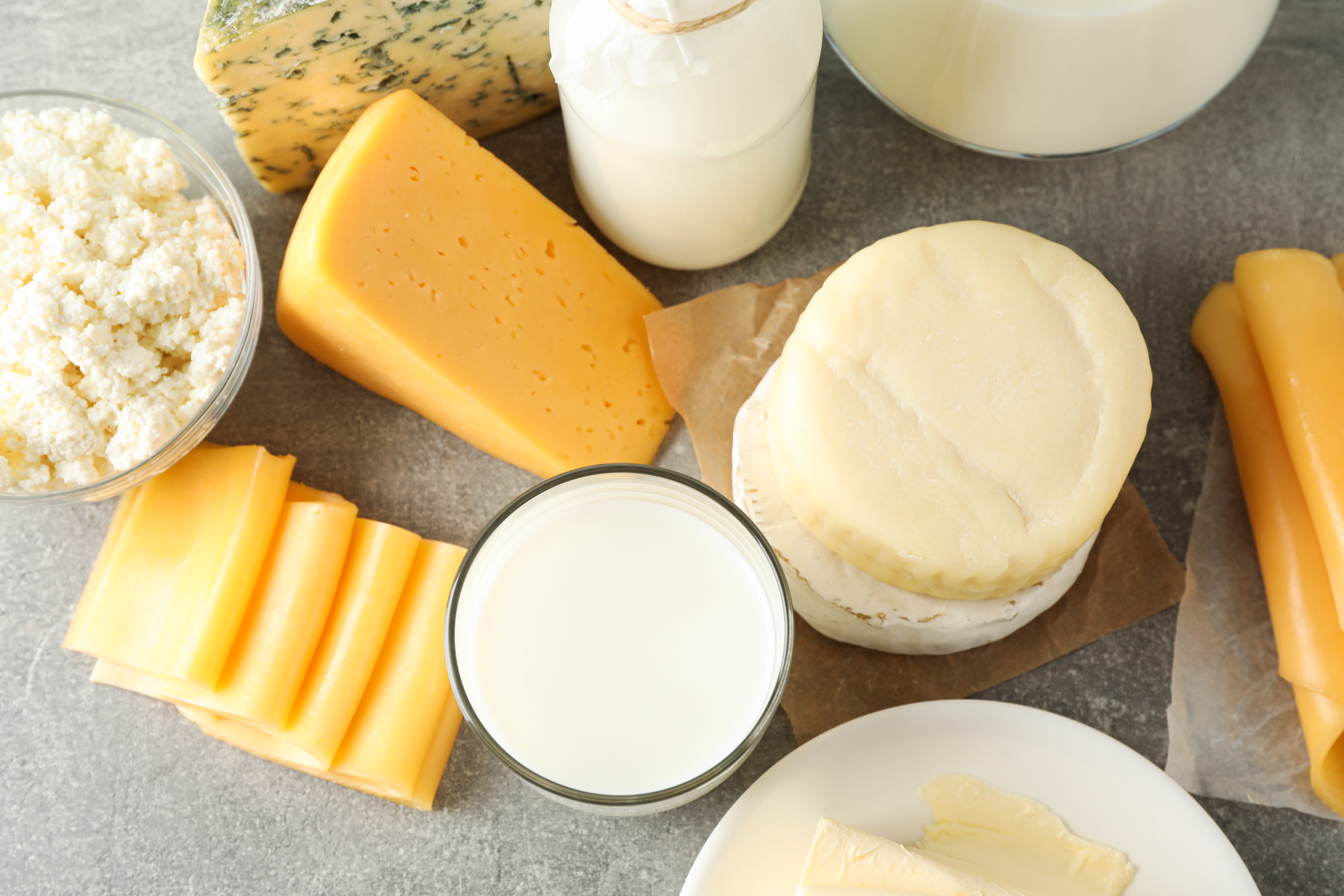
Calcium is often associated with bone health, but it's also vital for maintaining healthy blood pressure levels. This mineral plays a role in the contraction and relaxation of blood vessels, which is crucial for regulating blood pressure. Adequate calcium intake helps ensure that blood vessels function properly, reducing the risk of hypertension and other cardiovascular issues. Research has shown that calcium can help lower blood pressure, particularly in individuals with low calcium intake. Calcium works in tandem with other minerals, such as magnesium and potassium, to support cardiovascular health. It helps regulate the electrical activity of the heart and blood vessels, ensuring that they contract and relax efficiently. This process is essential for maintaining optimal blood flow and pressure. Dairy products are a well-known source of calcium, but there are plenty of non-dairy options as well, such as fortified plant-based milks, leafy greens, and almonds. Ensuring a balanced diet that includes these calcium-rich foods can support blood pressure health and overall well-being. As with magnesium, it's important to consult with a healthcare provider before considering calcium supplements, as excessive calcium intake can have negative health effects.
4. Omega-3 Fatty Acids: The Heart's Best Friend
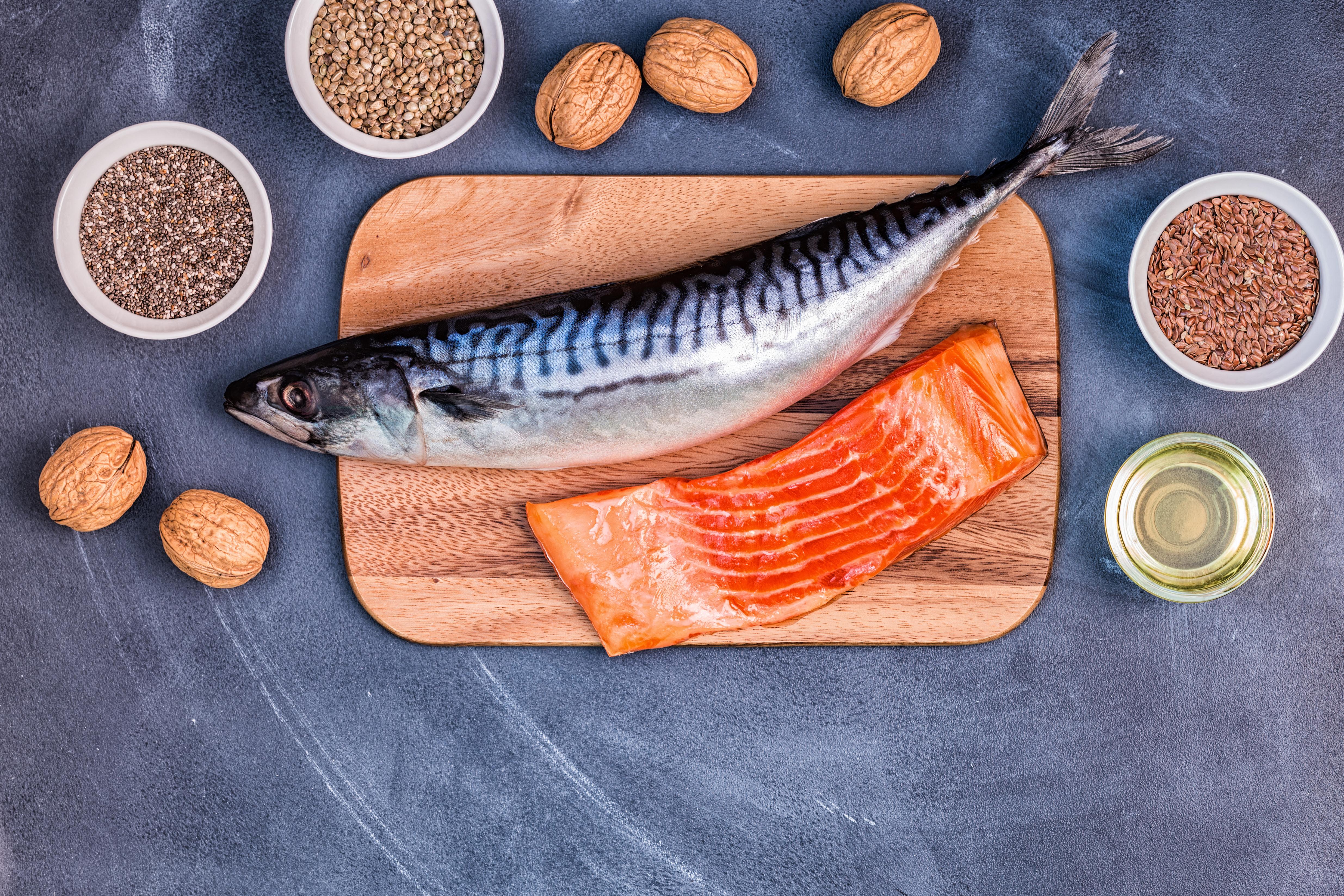
Omega-3 fatty acids are renowned for their heart health benefits, and they play a significant role in maintaining healthy blood pressure levels. These essential fats, found primarily in fish, flaxseeds, and walnuts, help reduce inflammation and improve blood vessel function, both of which are crucial for regulating blood pressure. Omega-3s are also known to lower triglyceride levels and reduce the risk of heart disease. The anti-inflammatory properties of omega-3 fatty acids are particularly beneficial for blood pressure regulation. Inflammation can lead to the narrowing and stiffening of blood vessels, increasing blood pressure. By reducing inflammation, omega-3s help maintain flexible and healthy blood vessels, allowing for optimal blood flow and pressure. Additionally, omega-3s have been shown to improve endothelial function, which is vital for blood vessel health. Incorporating omega-3-rich foods into your diet is a delicious and effective way to support blood pressure health. Fatty fish such as salmon, mackerel, and sardines are excellent sources of omega-3s. For those who prefer plant-based options, flaxseeds, chia seeds, and walnuts are great alternatives. Omega-3 supplements, such as fish oil, are also available, but it's important to consult with a healthcare provider before starting any supplement regimen.
5. Fiber: The Unsung Hero of Heart Health
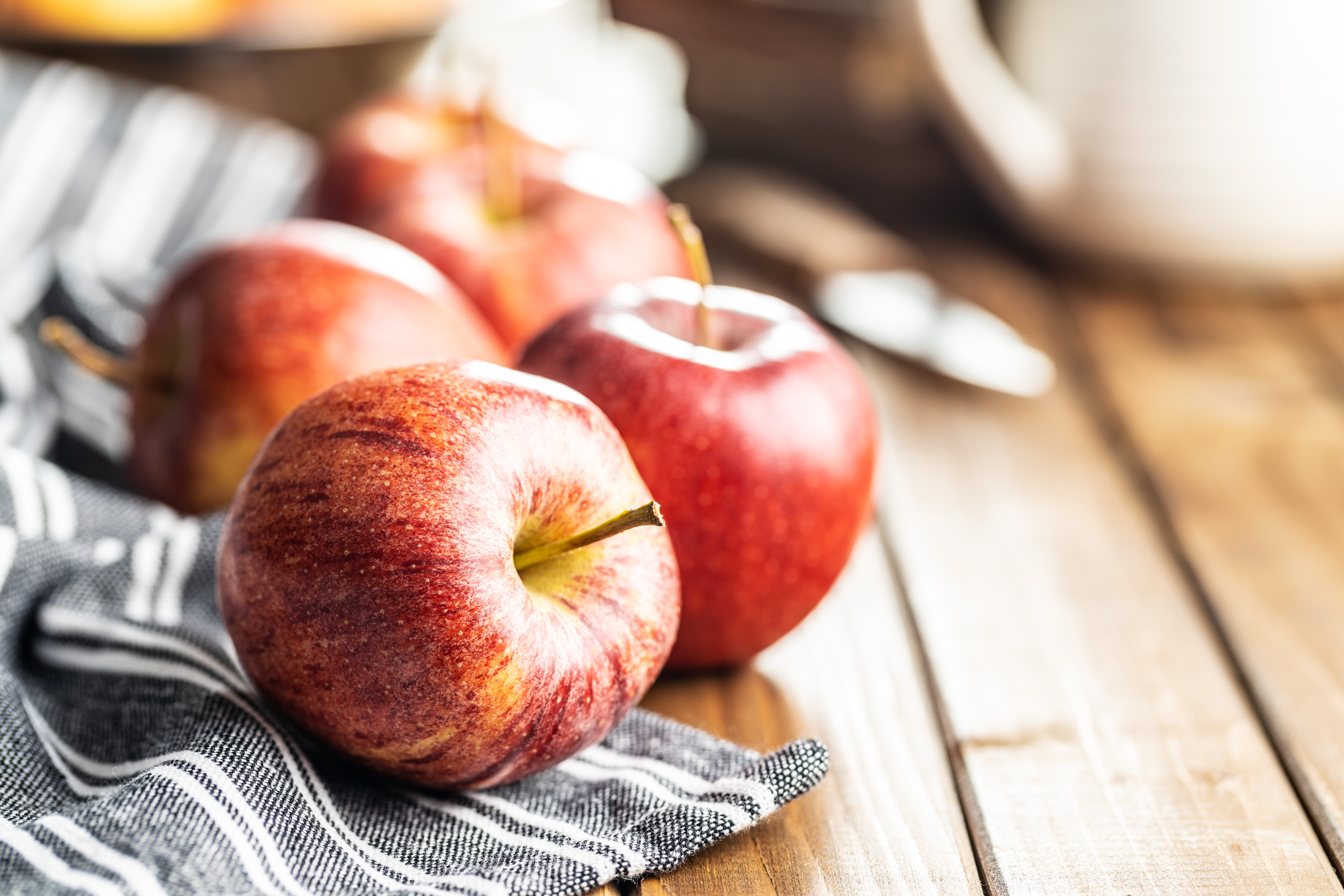
Fiber is an essential nutrient for maintaining healthy blood pressure levels, yet it often goes unnoticed in discussions about cardiovascular health. This nutrient, found in fruits, vegetables, whole grains, and legumes, plays a vital role in promoting heart health by helping to regulate blood pressure and reduce cholesterol levels. High-fiber diets have been consistently linked to lower blood pressure and a reduced risk of heart disease. One of the ways fiber supports blood pressure health is by improving the body's ability to regulate blood sugar levels. Stable blood sugar levels help prevent insulin resistance, a condition associated with increased blood pressure. Additionally, fiber helps reduce cholesterol levels by binding to cholesterol particles and removing them from the body. Lower cholesterol levels contribute to healthier blood vessels and reduced blood pressure. Incorporating fiber-rich foods into your diet is a simple yet effective way to support blood pressure health. Whole grains, such as oats and quinoa, are excellent sources of fiber, as are fruits like apples and berries. Vegetables, particularly leafy greens and cruciferous varieties, are also rich in fiber. By prioritizing these foods, individuals can support their cardiovascular health and work towards maintaining healthy blood pressure levels.
6. Vitamin D: The Sunshine Vitamin's Role in Blood Pressure

Vitamin D, often referred to as the sunshine vitamin, plays a crucial role in maintaining healthy blood pressure levels. This vitamin helps regulate calcium levels in the body, which is essential for proper blood vessel function. Adequate vitamin D levels are associated with a reduced risk of hypertension and improved cardiovascular health. Research has shown that vitamin D deficiency is linked to increased blood pressure and a higher risk of heart disease. Vitamin D helps modulate the renin-angiotensin-aldosterone system, which regulates blood pressure. By ensuring that this system functions properly, vitamin D helps maintain optimal blood flow and pressure. Additionally, vitamin D has anti-inflammatory properties, which further support blood vessel health. Sun exposure is the most natural way to obtain vitamin D, but dietary sources such as fatty fish, fortified dairy products, and egg yolks can also provide this essential nutrient. For those who struggle to get enough vitamin D from sun exposure and diet, supplements may be an option. However, it's important to consult with a healthcare provider before starting any supplement regimen, as excessive vitamin D intake can have negative health effects.
7. Coenzyme Q10: The Energy Booster for Blood Vessels

Coenzyme Q10 (CoQ10) is a naturally occurring antioxidant that plays a vital role in energy production and cardiovascular health. This nutrient is essential for maintaining healthy blood pressure levels, as it helps improve blood vessel function and reduce oxidative stress. CoQ10 is particularly beneficial for individuals with hypertension, as it has been shown to lower blood pressure and improve heart health. The primary function of CoQ10 is to support the production of adenosine triphosphate (ATP), the energy currency of the body. This process is crucial for the proper functioning of all cells, including those in the cardiovascular system. By ensuring that blood vessels have the energy they need to function optimally, CoQ10 helps maintain healthy blood pressure levels. Additionally, its antioxidant properties help protect blood vessels from damage caused by free radicals, reducing the risk of hypertension. Dietary sources of CoQ10 include fatty fish, organ meats, and whole grains. However, it can be challenging to obtain adequate amounts of CoQ10 from diet alone, particularly for individuals with certain health conditions. In such cases, CoQ10 supplements may be beneficial, but it's essential to consult with a healthcare provider before starting any supplement regimen. By prioritizing CoQ10-rich foods and considering supplements when necessary, individuals can support their cardiovascular health and work towards maintaining healthy blood pressure levels.
8. Nitrates: The Natural Blood Pressure Reducers
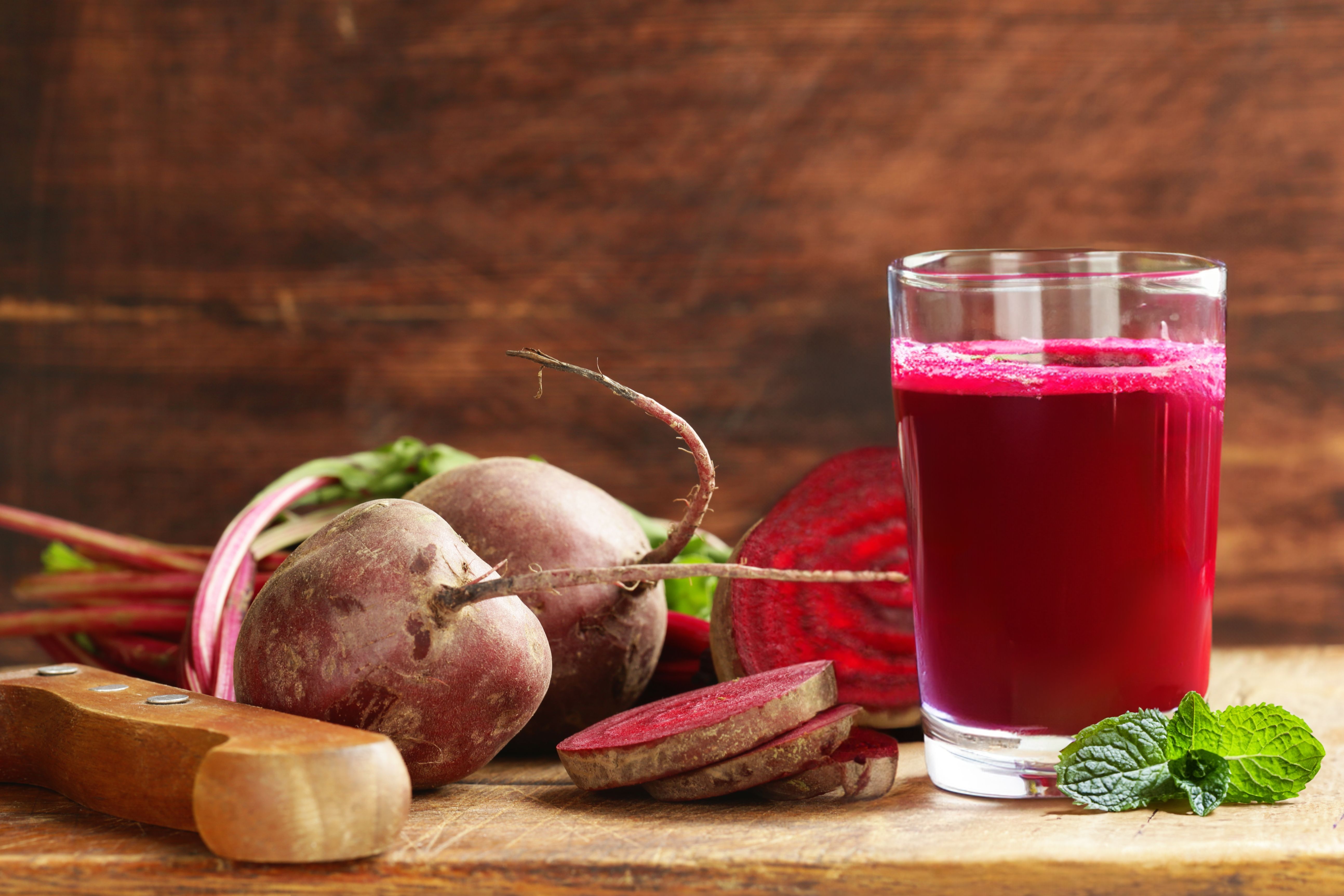
Nitrates are compounds found in certain vegetables that have been shown to have a positive impact on blood pressure levels. When consumed, nitrates are converted into nitric oxide, a molecule that helps relax and widen blood vessels, allowing for improved blood flow and reduced blood pressure. This process makes nitrates a valuable nutrient for maintaining healthy blood pressure levels. Beetroot and leafy greens such as spinach and arugula are particularly rich in nitrates. Studies have shown that consuming these foods can lead to significant reductions in blood pressure, particularly in individuals with hypertension. The effects of nitrates on blood pressure are often seen within hours of consumption, making them an effective and natural way to support cardiovascular health. Incorporating nitrate-rich foods into your diet is a simple and delicious way to support blood pressure health. Fresh beetroot juice, salads with leafy greens, and roasted beets are all excellent options.
9. Polyphenols: The Antioxidant Powerhouses

Polyphenols are a group of naturally occurring compounds found in plants that have been shown to have a range of health benefits, including the ability to lower blood pressure. These compounds, which include flavonoids and phenolic acids, have potent antioxidant and anti-inflammatory properties that support cardiovascular health and blood pressure regulation. The antioxidant properties of polyphenols help protect blood vessels from oxidative stress, a condition that can lead to the stiffening and narrowing of arteries. By reducing oxidative stress, polyphenols help maintain flexible and healthy blood vessels, allowing for optimal blood flow and pressure. Additionally, polyphenols have been shown to improve endothelial function, which is crucial for blood vessel health. Foods rich in polyphenols include berries, dark chocolate, green tea, and red wine. Incorporating these foods into your diet can provide a delicious way to support blood pressure health.
10. L-Arginine: The Amino Acid for Blood Flow
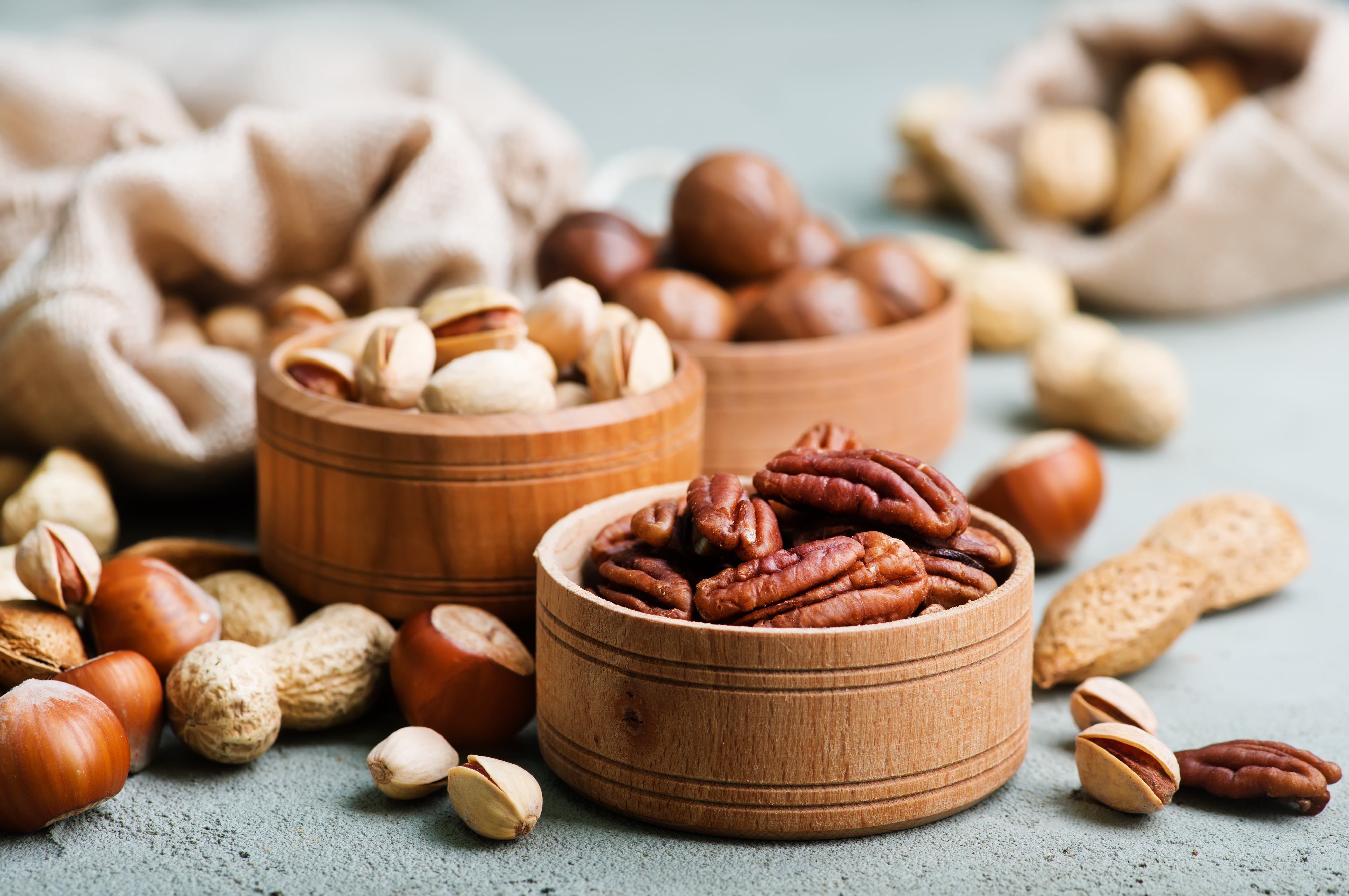
L-arginine is an amino acid that plays a crucial role in maintaining healthy blood pressure levels by promoting the production of nitric oxide. Nitric oxide is a molecule that helps relax and widen blood vessels, allowing for improved blood flow and reduced blood pressure. As a result, L-arginine is a valuable nutrient for supporting cardiovascular health and blood pressure regulation. Research has shown that L-arginine supplementation can lead to significant reductions in blood pressure, particularly in individuals with hypertension. This amino acid is involved in the synthesis of proteins and plays a vital role in various physiological processes, including immune function and hormone regulation. By promoting the production of nitric oxide, L-arginine helps ensure that blood vessels function optimally, reducing the risk of hypertension and other cardiovascular issues. Dietary sources of L-arginine include meat, poultry, fish, dairy products, and nuts. While it's possible to obtain adequate amounts of L-arginine from diet alone, some individuals may benefit from supplements, particularly those with certain health conditions. It's important to consult with a healthcare provider before starting any supplement regimen, as excessive L-arginine intake can have negative health effects. By prioritizing L-arginine-rich foods and considering supplements when necessary, individuals can support their cardiovascular health and work towards maintaining healthy blood pressure levels.
11. Probiotics: The Gut-Heart Connection

Probiotics are live microorganisms that provide health benefits when consumed, particularly in relation to gut health. Recent research has highlighted the connection between gut health and cardiovascular health, with probiotics playing a role in maintaining healthy blood pressure levels. By supporting a healthy gut microbiome, probiotics help regulate blood pressure and reduce the risk of hypertension. The gut-heart connection is based on the idea that the gut microbiome influences various physiological processes, including inflammation and metabolism. Probiotics help maintain a healthy balance of beneficial bacteria in the gut, which can reduce inflammation and support overall cardiovascular health. Additionally, probiotics have been shown to improve lipid profiles and reduce cholesterol levels, both of which contribute to healthier blood pressure levels. Fermented foods such as yogurt, kefir, sauerkraut, and kimchi are rich in probiotics and can be easily incorporated into your diet.
12. Flavonoids: The Natural Blood Pressure Modulators
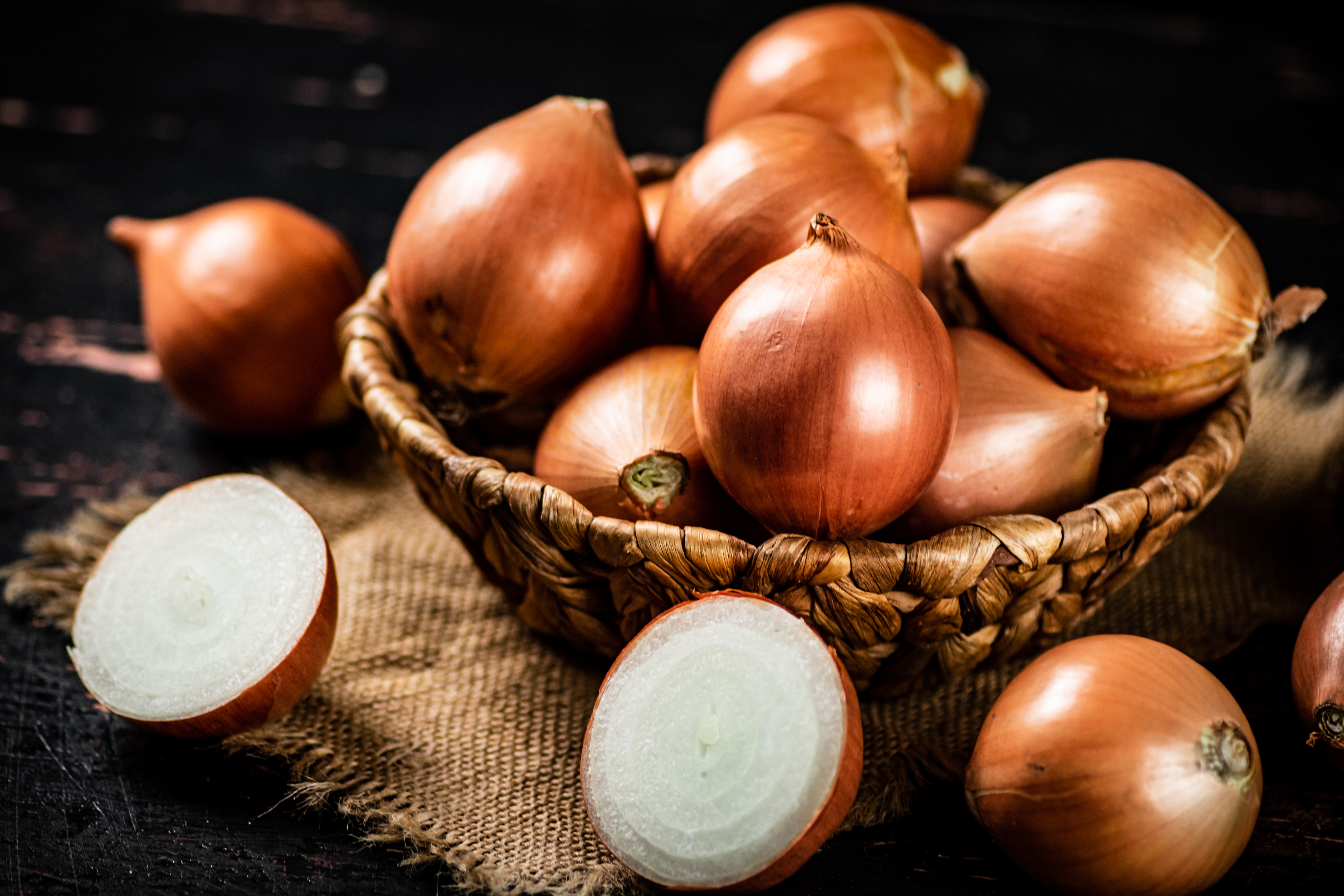
Flavonoids are a diverse group of plant compounds with powerful antioxidant and anti-inflammatory properties that have been shown to support cardiovascular health and blood pressure regulation. These compounds are found in a wide variety of fruits, vegetables, and beverages, making them an accessible and delicious way to support blood pressure health. The antioxidant properties of flavonoids help protect blood vessels from oxidative stress, a condition that can lead to the stiffening and narrowing of arteries. By reducing oxidative stress, flavonoids help maintain flexible and healthy blood vessels, allowing for optimal blood flow and pressure. Additionally, flavonoids have been shown to improve endothelial function, which is crucial for blood vessel health. Foods rich in flavonoids include citrus fruits, berries, onions, and dark chocolate. Beverages such as green tea and red wine are also excellent sources of flavonoids. Incorporating these foods and beverages into your diet can provide a delicious way to support blood pressure health. It's important to enjoy these foods in moderation, as excessive consumption of certain flavonoid-rich foods, such as red wine, can have negative health effects.
13. Vitamin C: The Artery Guardian
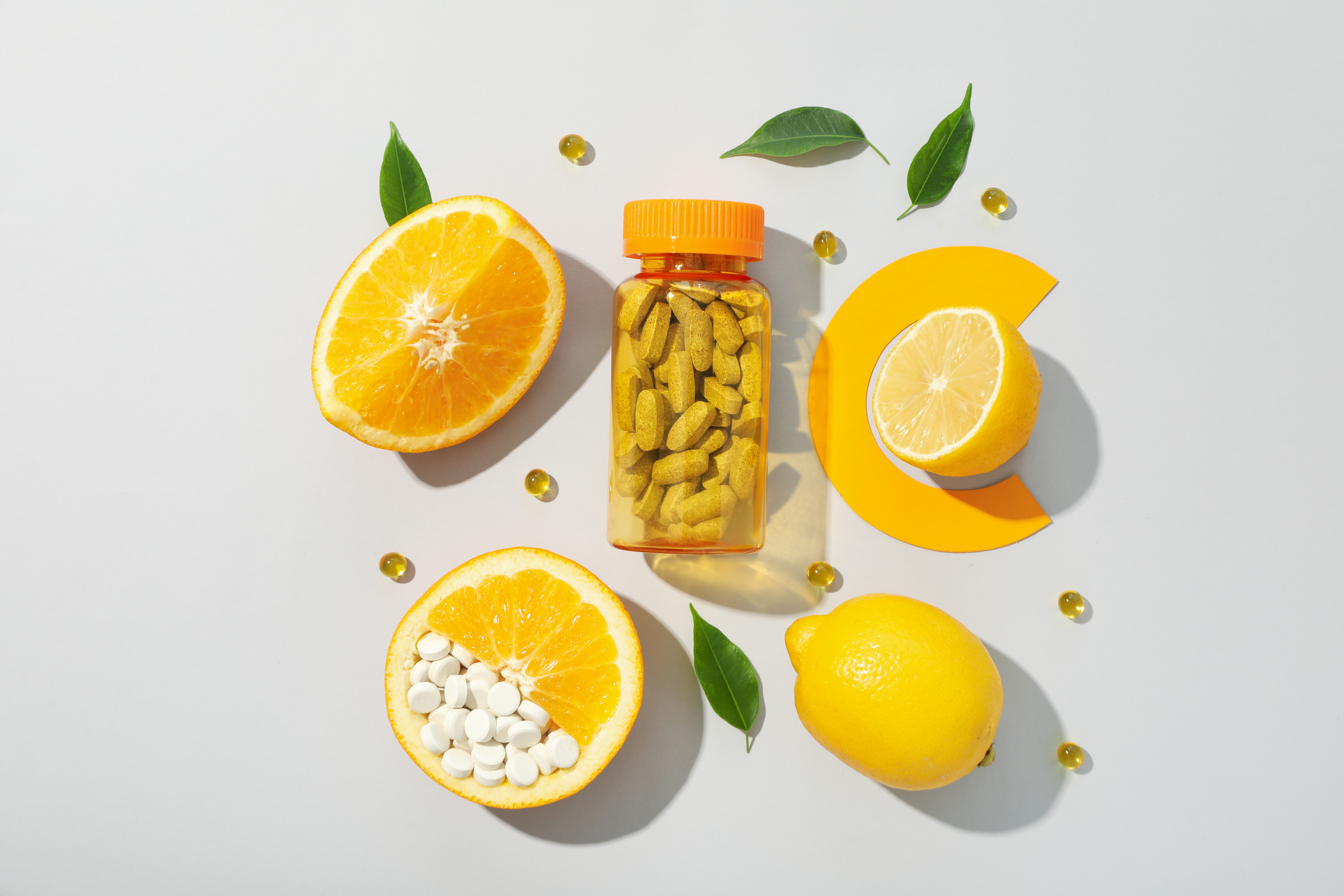
While famous for immunity, Vitamin C is a powerful, often underestimated, ally for blood pressure. It's crucial for the synthesis of collagen, which forms the structural integrity of blood vessel walls. By maintaining flexible, strong arteries, Vitamin C helps them expand and contract efficiently. Furthermore, its antioxidant properties combat oxidative stress that can damage blood vessels. Find it abundantly in citrus fruits, bell peppers, broccoli, and strawberries – delicious ways to fortify your circulatory system.
14. Vitamin K2: The Calcium Traffic Controller

Beyond its role in clotting, Vitamin K2 plays a unique and vital role in blood pressure by directing calcium. While calcium is essential, K2 ensures it's deposited in bones, not arteries. It activates proteins that prevent calcium buildup in blood vessel walls, keeping them flexible and wide. This less common but crucial vitamin is found in fermented foods like natto, certain cheeses, and egg yolks, offering a surprisingly direct way to protect arterial health.
15. Folate (Vitamin B9): The Homocysteine Regulator
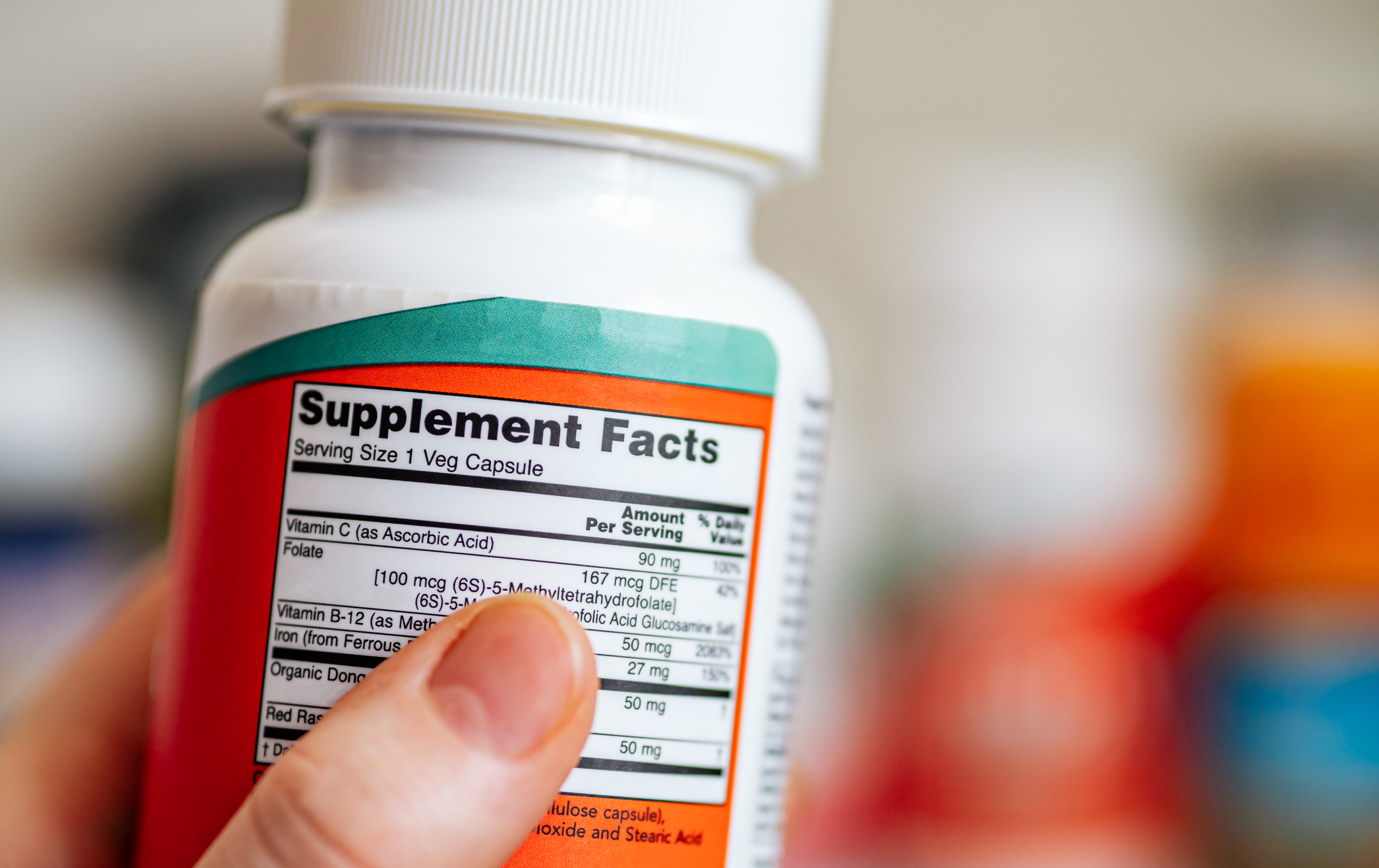
Folate, a B vitamin, is crucial for metabolizing homocysteine, an amino acid. High levels of homocysteine are linked to damaged blood vessels and increased risk of heart disease and high blood pressure. By helping to convert homocysteine into other beneficial compounds, folate directly supports arterial health and reduces inflammatory responses. Incorporate leafy greens (spinach, kale), legumes, and fortified grains into your diet to ensure adequate folate intake and maintain blood vessel integrity.
16. Quercetin: The Plant Pigment Protector
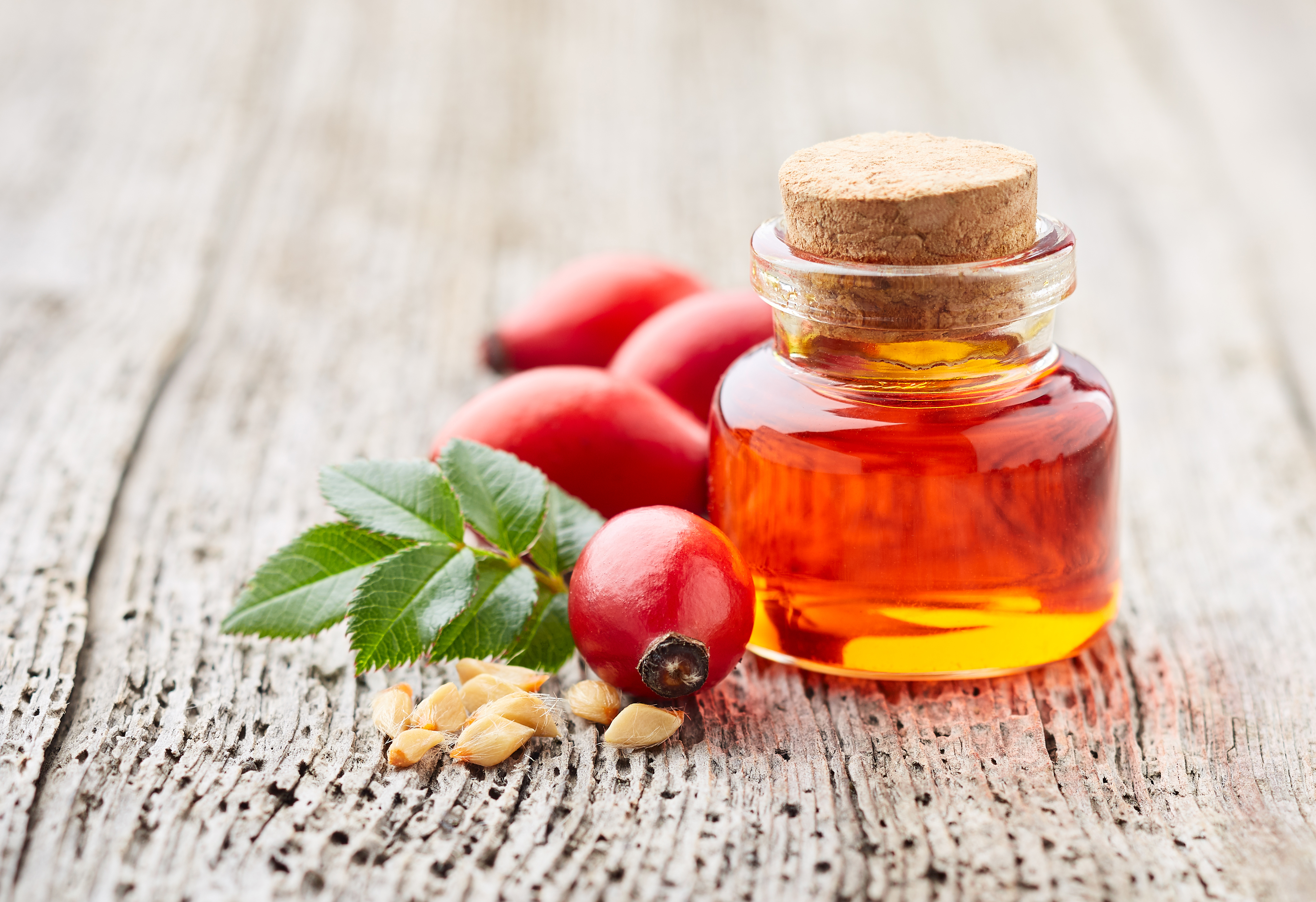
Quercetin, a potent flavonoid pigment, is found in many fruits, vegetables, and grains, offering powerful antioxidant and anti-inflammatory properties directly beneficial to blood pressure. It helps relax blood vessels, improves endothelial function, and reduces oxidative stress. Rich sources include apples (especially the skin), onions, berries, and green tea. Integrating these colorful plant-based foods can provide a delicious and effective way to leverage nature's own blood pressure modulators.
17. Allium Compounds: The Pungent Protectors
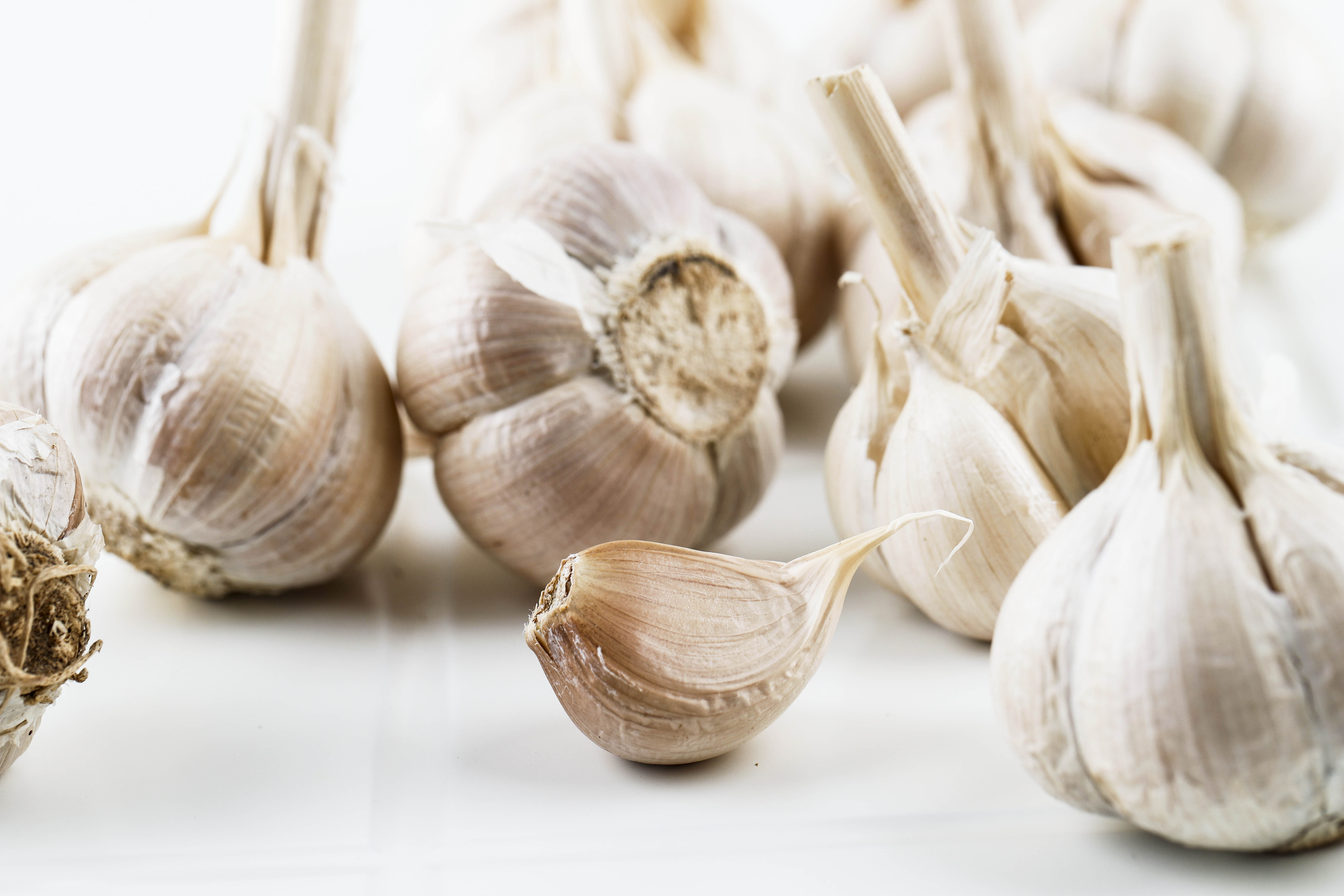
Found in garlic, onions, and leeks, allium compounds (like allicin in garlic) are well-known for their cardiovascular benefits. They promote the production of nitric oxide, which helps relax and dilate blood vessels, leading to lower blood pressure. These compounds also exhibit anti-inflammatory and antioxidant effects. Incorporating these pungent ingredients generously into your cooking not only adds incredible flavor but also provides a powerful, natural boost to your blood pressure regulation.
18. Sulforaphane: The Cruciferous Crusader
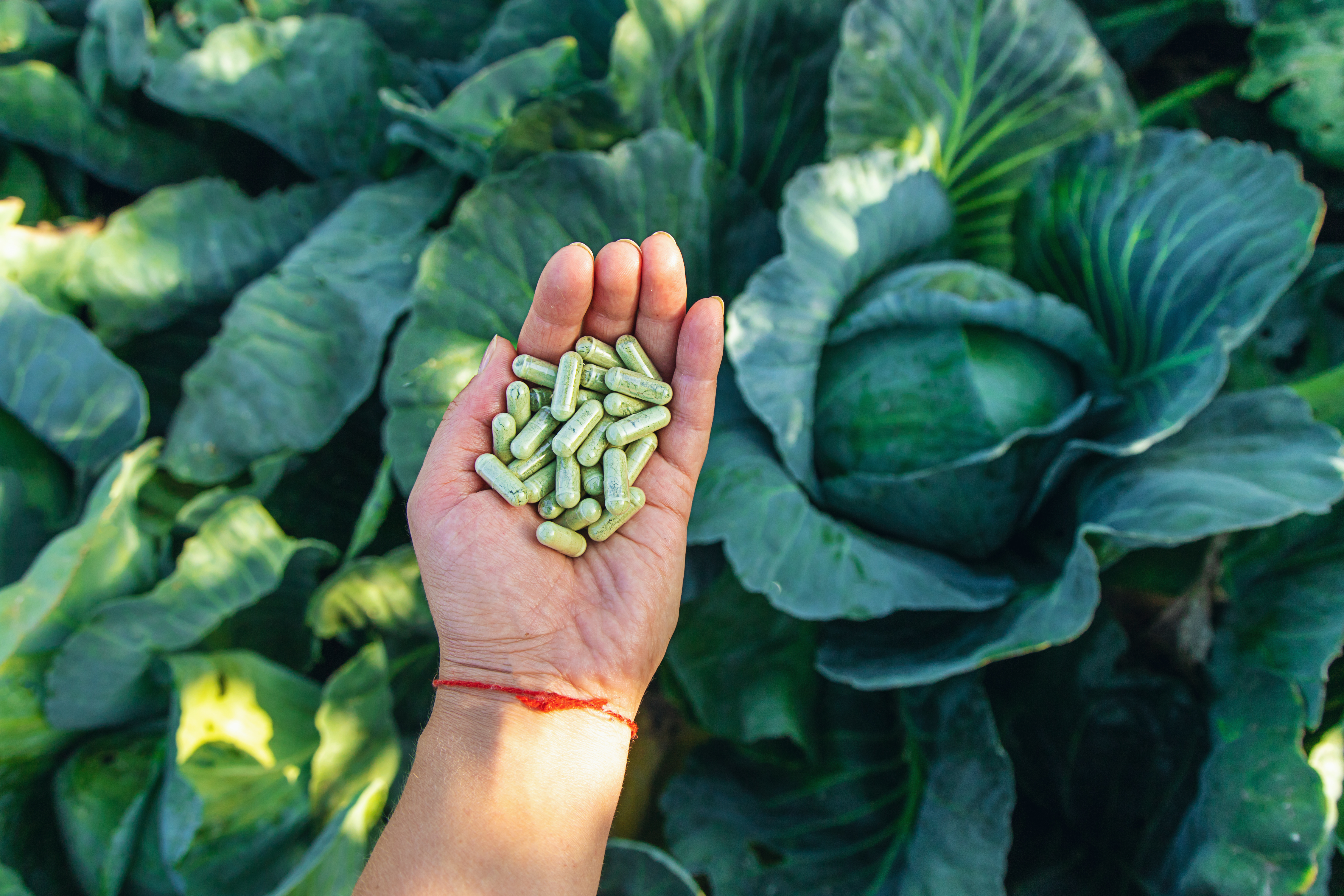
Sulforaphane, a sulfur-rich compound primarily found in cruciferous vegetables like broccoli, cauliflower, Brussels sprouts, and kale, is a formidable anti-inflammatory and antioxidant. It activates pathways that protect blood vessels from damage and promote their healthy function, directly contributing to better blood pressure regulation. Lightly steaming or eating these vegetables raw helps preserve sulforaphane content, making them essential, delicious additions to your blood pressure-friendly diet.
19. Resveratrol: The Grape-Derived Guardian
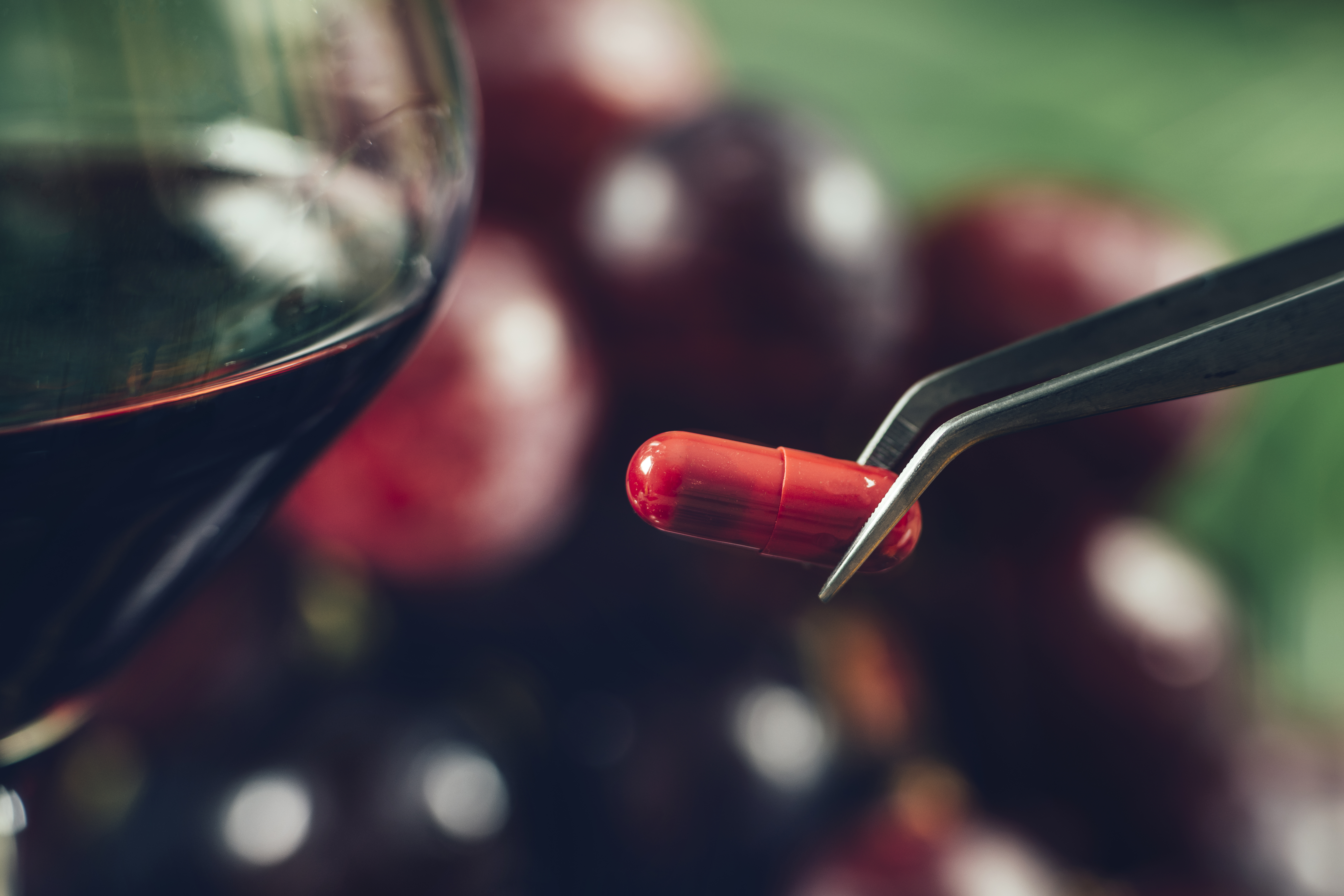
Found most notably in the skin of red grapes and, by extension, red wine (in moderation), as well as peanuts and berries, resveratrol is a polyphenol with significant cardiovascular benefits. It helps improve endothelial function, relaxes blood vessels, and possesses strong antioxidant properties, all contributing to healthy blood pressure. While enjoying red wine in moderation, focusing on whole food sources like fresh grapes and berries ensures you get the benefit without the alcohol content.
20. Zinc: The Unsung Enzyme Helper
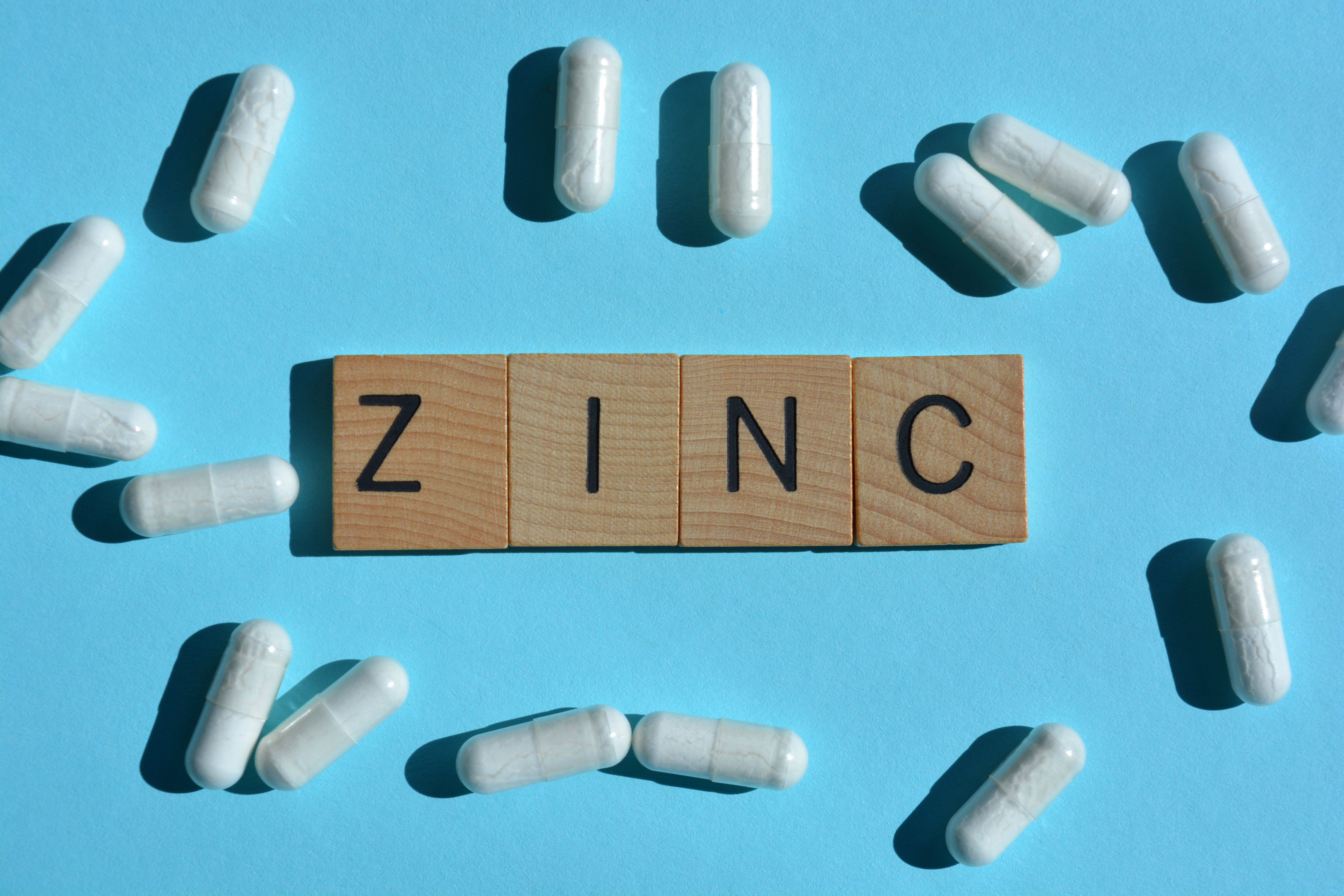
Zinc, an essential trace mineral, plays a vital yet often overlooked role in blood pressure regulation. It's a cofactor for numerous enzymes involved in various bodily processes, including those that influence vascular tone and endothelial function. Adequate zinc intake helps maintain healthy blood vessel elasticity and responsiveness. Find it in lean meats, nuts (cashews, almonds), legumes, and whole grains. Ensuring sufficient zinc supports your body's complex internal mechanisms for blood pressure control.
21. Chromium: The Insulin Sensitivity Link
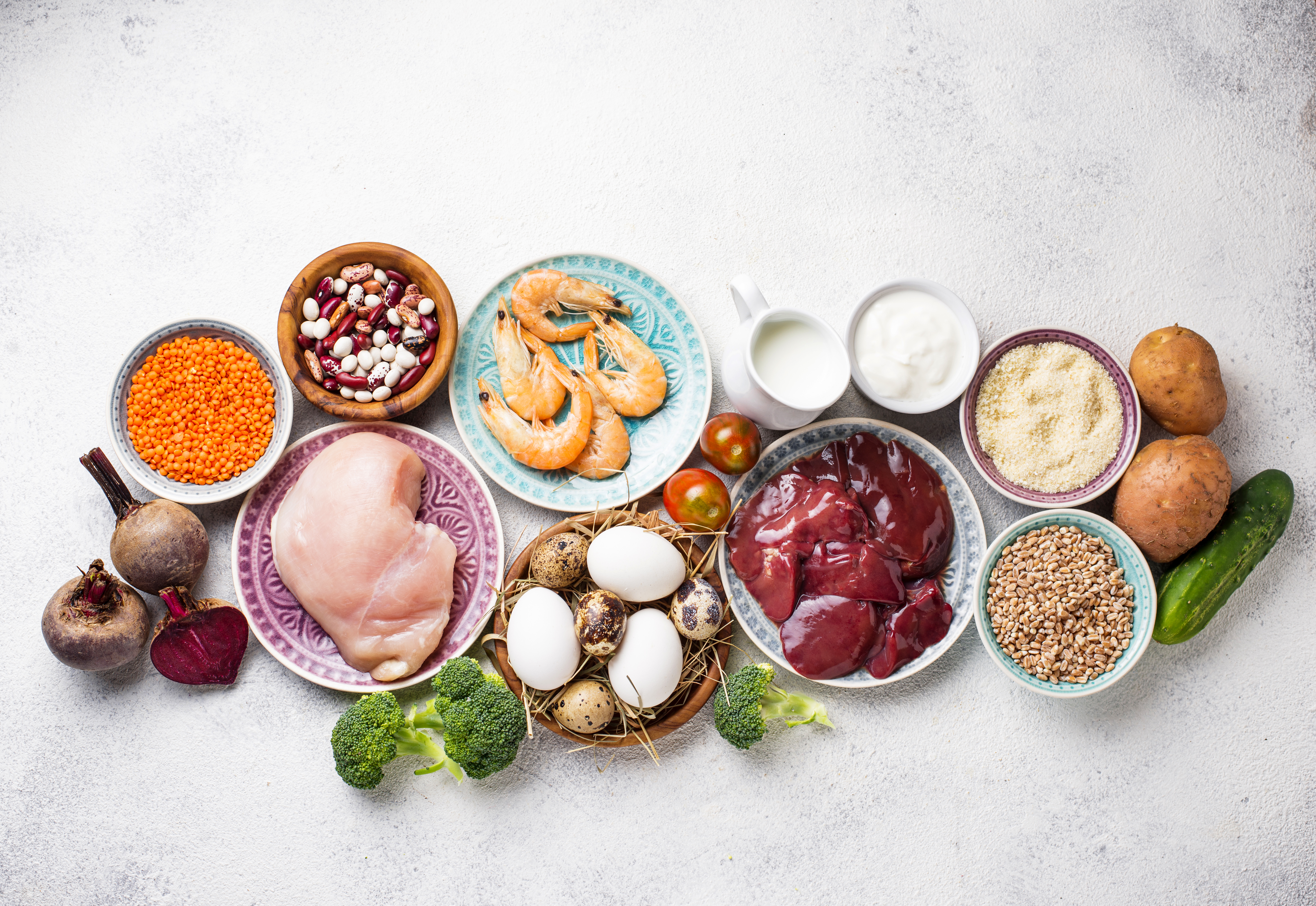
While less direct than other nutrients, chromium plays a role in blood pressure by improving insulin sensitivity. Insulin resistance can lead to higher blood pressure, so by helping cells respond better to insulin, chromium indirectly supports healthy vascular function. It's found in whole grains, broccoli, green beans, and some meats. Maintaining stable blood sugar levels through chromium-rich foods can contribute to overall metabolic health, which in turn benefits blood pressure.
22. Taurine: The Amino Acid Stabilizer
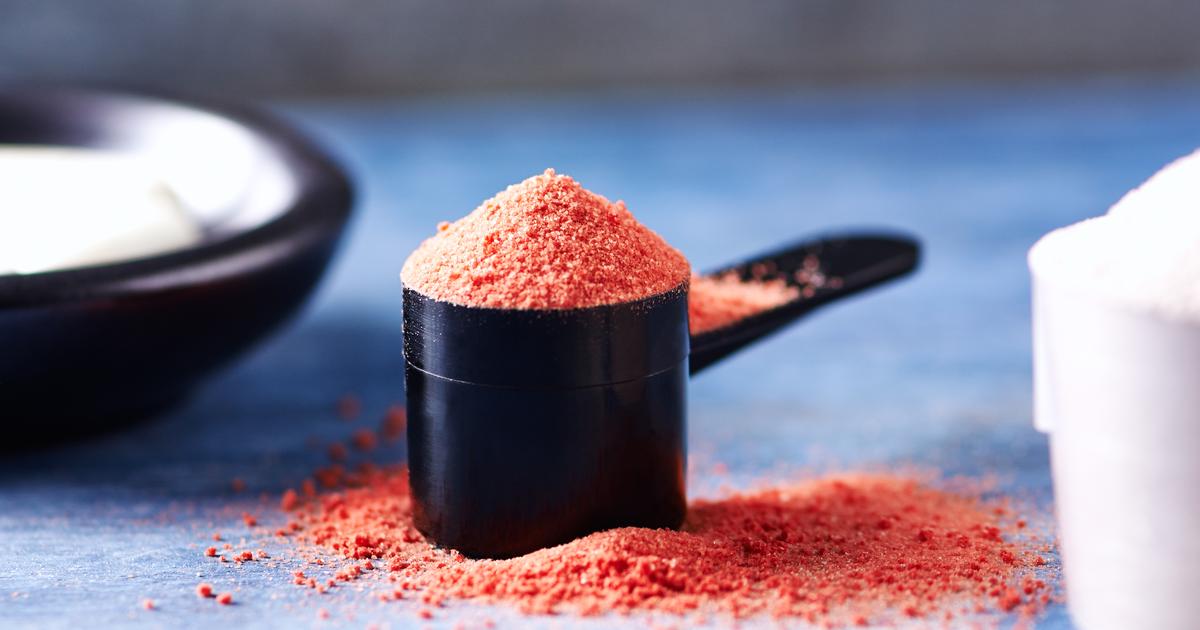
Taurine, an amino acid, is gaining recognition for its role in blood pressure regulation, particularly in balancing electrolytes and promoting healthy heart function. It helps reduce oxidative stress and inflammation in blood vessels, and some research suggests it may directly help relax arteries. Found naturally in meat, fish, and dairy, taurine offers another layer of nutritional defense for your cardiovascular system, contributing to a stable and healthy blood pressure.
23. Gamma-Linolenic Acid (GLA): The Hormone Modulator

Gamma-Linolenic Acid (GLA) is a unique Omega-6 fatty acid found predominantly in evening primrose, borage, and black currant seed oils. While Omega-6s are often associated with inflammation, GLA is a vital precursor to anti-inflammatory compounds that promote the relaxation of blood vessels. It supports the synthesis of beneficial prostaglandins that act as vasodilators, helping to widen arteries and ease pressure. Including sources like these oils or seeds in your diet offers a targeted way to modulate the body's lipid chemistry, moving it toward a state that supports lower, more stable blood pressure.
24. Selenium: The Antioxidant Enzyme Cofactor
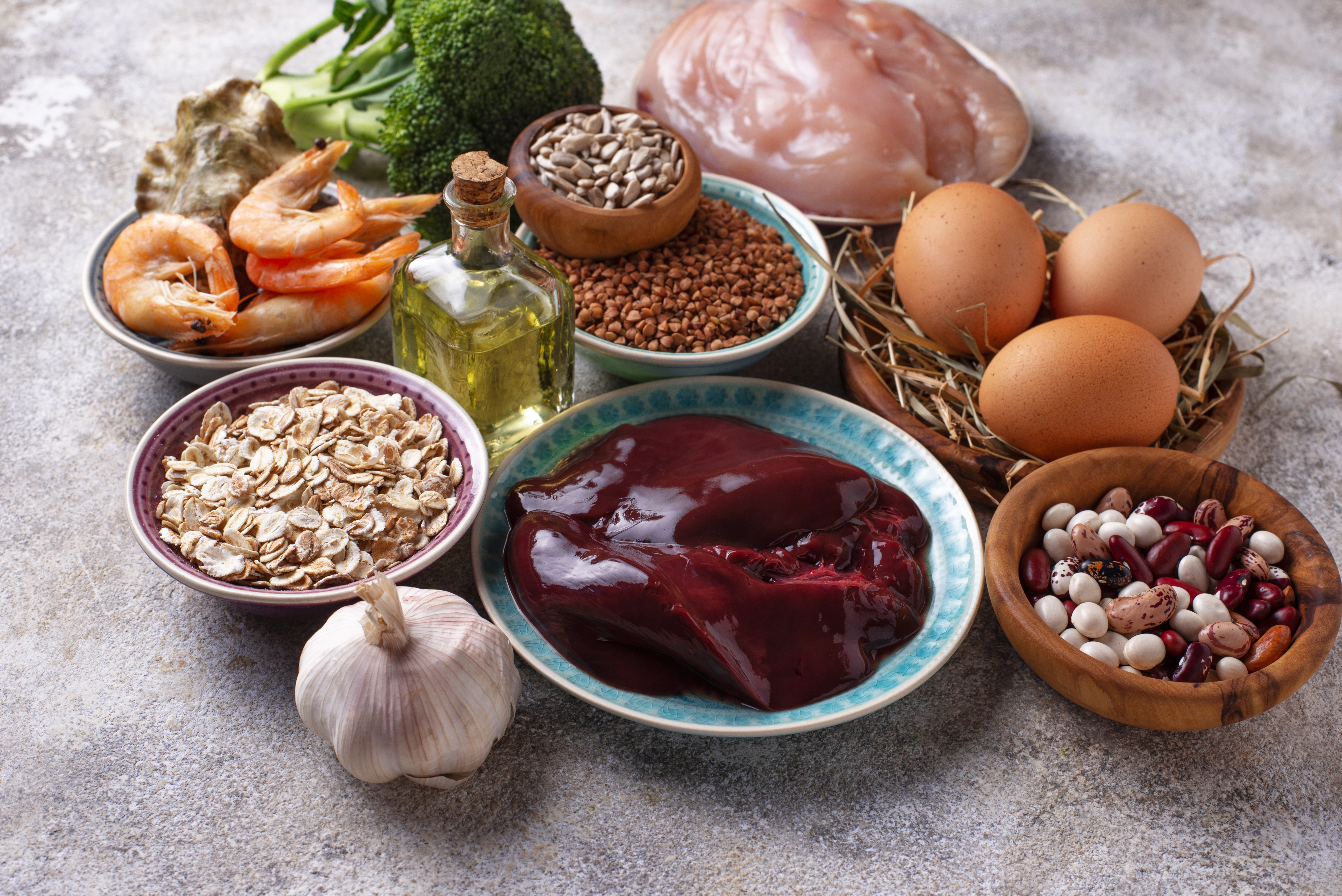
Selenium, an essential trace mineral, is crucial because it serves as a cofactor for powerful antioxidant enzymes like glutathione peroxidase. This enzyme is the body's front-line defense against the oxidative stress that damages the lining of blood vessels (the endothelium), which is the first step toward hypertension and atherosclerosis. By ensuring adequate selenium intake, found in Brazil nuts, seafood, and whole grains, you are directly strengthening your body's ability to protect its vascular infrastructure from free radical damage, thereby maintaining arterial flexibility and reducing long-term blood pressure risk.
25. Lycopene: The Carotenoid Vasodilator
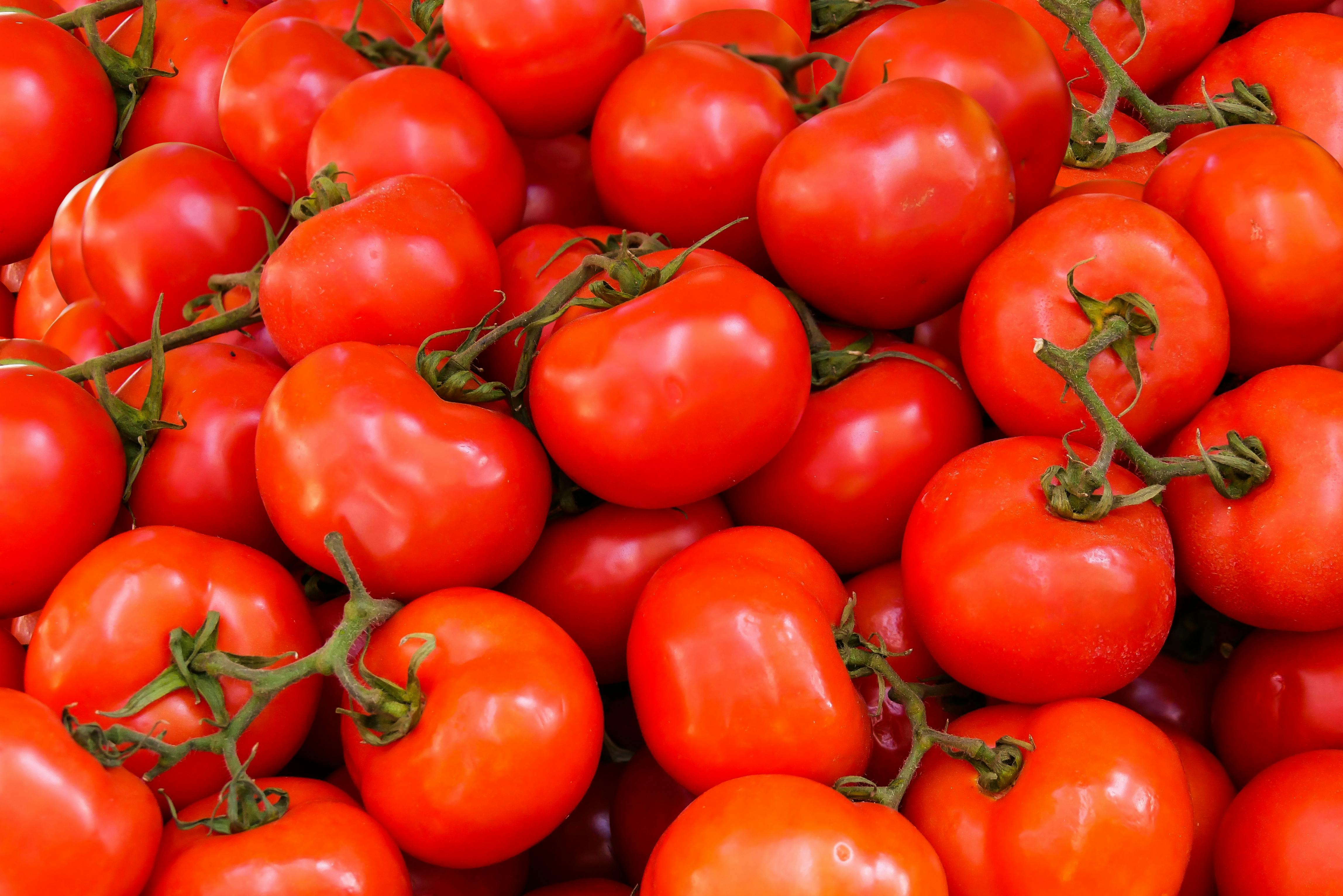
Lycopene is a carotenoid antioxidant best known for giving tomatoes and watermelon their red color. Its benefit to blood pressure is well-researched: Lycopene significantly improves endothelial function and promotes vasodilation by enhancing the body's nitric oxide response. This allows blood vessels to relax more efficiently. Because lycopene is fat-soluble, it's absorbed better when consumed with a healthy fat, like in tomato sauce cooked with olive oil. Regular consumption offers a highly accessible and delicious way to use a plant pigment as a powerful, natural hypotensive agent.
26. Capsaicin: The Sensory Pathway Relaxer
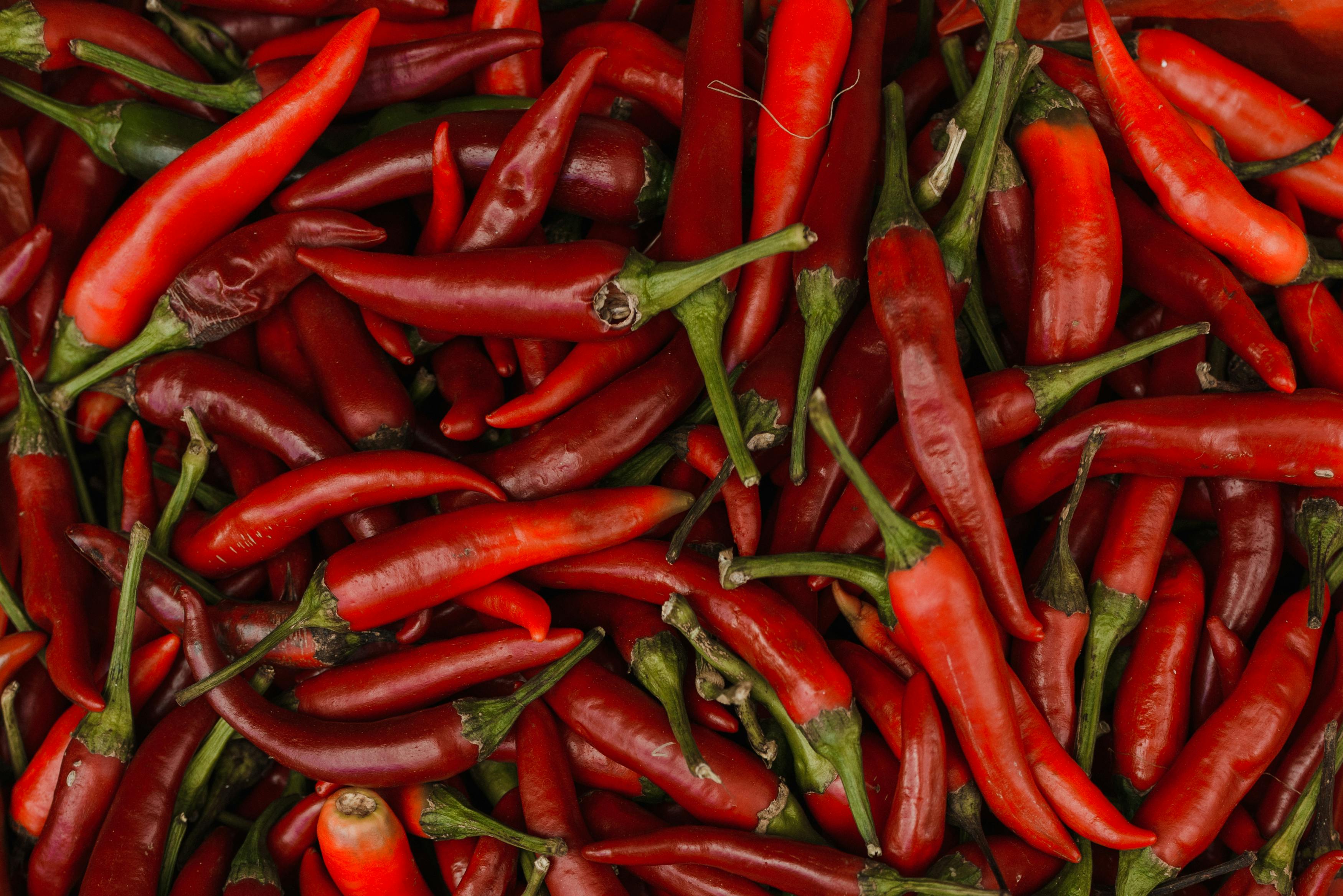
The compound Capsaicin, which gives chili peppers (like cayenne) their heat, acts through a unique mechanism to lower blood pressure. When consumed, capsaicin stimulates receptors in the mouth and stomach that trigger the release of nitric oxide (NO) throughout the body. This NO release causes blood vessels to immediately relax and expand, leading to a temporary reduction in blood pressure. Long-term consumption of chili peppers has been correlated with better cardiovascular health, making this a flavorful, metabolic tweak that uses a sensory pathway to achieve vascular relaxation.
27. Alpha-Lipoic Acid (ALA): The Glucose and Vascular Protector
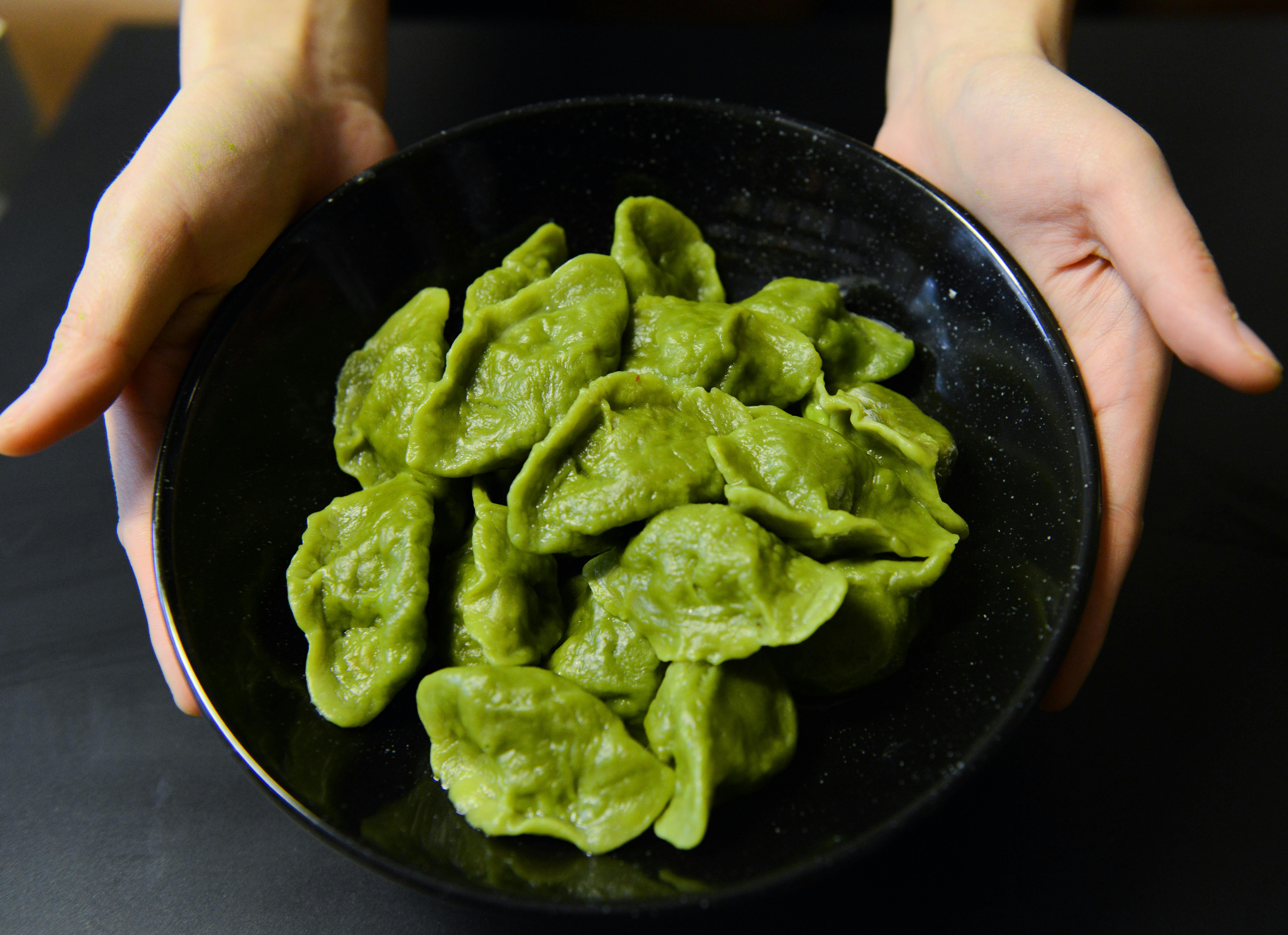
Alpha-Lipoic Acid (ALA) is a potent antioxidant found in foods like spinach, broccoli, and red meat. Its primary relevance to blood pressure is its strong ability to improve insulin sensitivity and protect the endothelium (arterial lining) from damage caused by high blood sugar. Since insulin resistance is a major driver of hypertension, ALA indirectly helps lower blood pressure by stabilizing glucose metabolism and reducing the resulting oxidative stress on the arteries. This nutrient targets the interconnected metabolic and vascular root causes of chronic hypertension.
28. Apigenin: The Anti-Anxiety Vascular Agent

Apigenin is a specific, non-acidic flavonoid found abundantly in herbs like chamomile, parsley, and celery. Its unique contribution to blood pressure control is twofold: it acts as a mild natural anxiolytic, helping to reduce the stress and anxiety that directly elevate blood pressure, and it has been shown to have a direct vasorelaxant effect on blood vessels. By binding to certain receptors in the brain, it promotes a state of calm, indirectly lowering pressure caused by nervous tension. Simultaneously, it works on the arteries to improve endothelial function. Integrating these herbs, perhaps through a nightly chamomile tea or a garnish of fresh parsley, offers a calming, non-pharmacological pathway to support stable blood pressure by addressing the often-overlooked emotional and nervous system components of hypertension.
29. Monounsaturated Fatty Acids (MUFAs): The Endothelial Lubricant
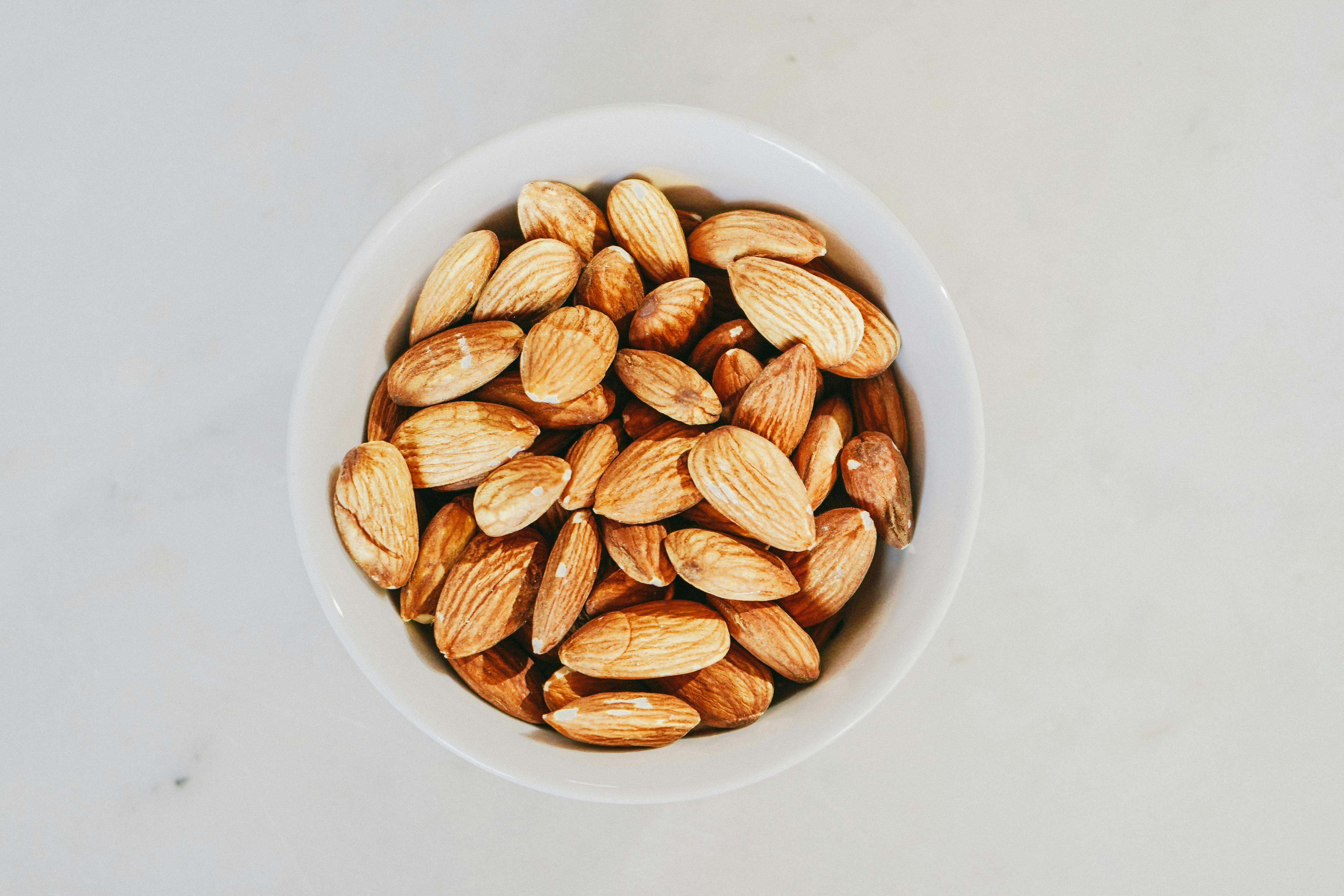
Often discussed broadly as "healthy fats," Monounsaturated Fatty Acids (MUFAs), found primarily in extra virgin olive oil, avocados, and almonds, deserve specific recognition for their role in endothelial function. They are not merely an energy source; MUFAs are integral to the fluidity and elasticity of cell membranes, including those lining your arteries. This improved membrane structure allows the endothelial cells to more efficiently produce and respond to nitric oxide (NO), the key molecule for vasodilation. A diet rich in MUFAs helps prevent the stiffening of arteries often associated with hypertension, essentially "lubricating" the vascular system and ensuring that blood flows smoothly and with less resistance against the vessel walls.
30. Betaine: The Vascular Methylator

Betaine, also known as trimethylglycine, is a compound found in high concentrations in beets, spinach, and whole grains. Its primary function relevant to blood pressure is its role in methylation—a critical cellular process—where it helps the body break down homocysteine. As homocysteine is a well-known risk factor for blood vessel damage and stiffness (contributing to hypertension), betaine acts as a powerful molecular cleaner, reducing the circulating levels of this harmful amino acid. By supporting a healthy methylation cycle, betaine effectively helps to protect the structural integrity of the arteries, ensuring they remain flexible and less prone to the damage that leads to elevated blood pressure.
31. Theanine (L-Theanine): The Cognitive Relaxant

L-Theanine is an amino acid almost exclusively found in green and black tea leaves. Unlike other calming agents, L-Theanine induces a state of "alert calm" by promoting alpha brain wave activity without causing drowsiness. This unique effect is profoundly beneficial for blood pressure management because it directly mitigates the cardiovascular response to acute stress. When consumed, L-Theanine has been shown to blunt the spike in blood pressure and heart rate that typically accompanies a stressful event or cognitive challenge. Sipping on a cup of green tea can, therefore, be a simple, neuro-chemical strategy to prevent stress-induced spikes, maintaining a more stable baseline blood pressure throughout a busy day.
32. Astaxanthin: The Membrane Super-Protector
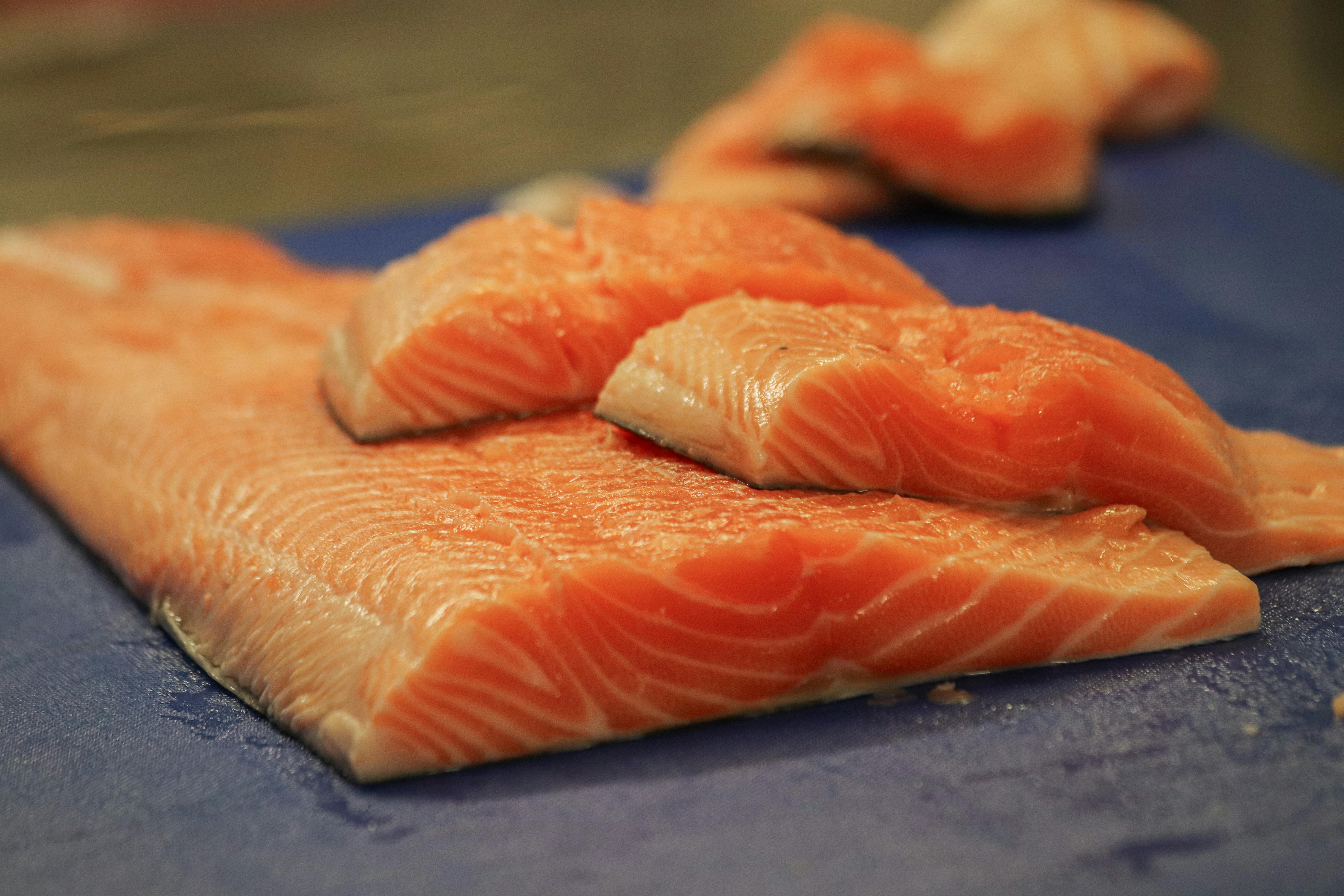
Astaxanthin is a vibrant red carotenoid antioxidant found in salmon, trout, and microalgae. It is celebrated as one of the most powerful antioxidants in nature due to its unique molecular structure, which allows it to span the entire cell membrane. This position enables it to protect both the water-soluble and fat-soluble parts of the cell from oxidative damage—a level of protection few other antioxidants achieve. For blood pressure, this means superior defense for the arterial cell membranes against free radicals and inflammation. By fortifying the walls of blood vessels at the deepest level, Astaxanthin supports improved elasticity and function, offering a robust, structural defense against the onset of hypertension.
The Power Plate Prescription: Taking Control

Hypertension is a silent force, but your daily choices are louder. By focusing on these vital nutrients—from the potassium in a sweet potato to the magnesium in your seeds—you move beyond simply treating symptoms and begin fortifying your body’s entire cardiovascular architecture. Every mindful meal becomes an act of powerful, preventative medicine, helping to relax arteries, balance sodium, and promote flexible, healthy blood flow. You have the resources right in your kitchen to reclaim your health and build a resilient heart. Choose clarity over silence; choose nourishment over neutrality.
